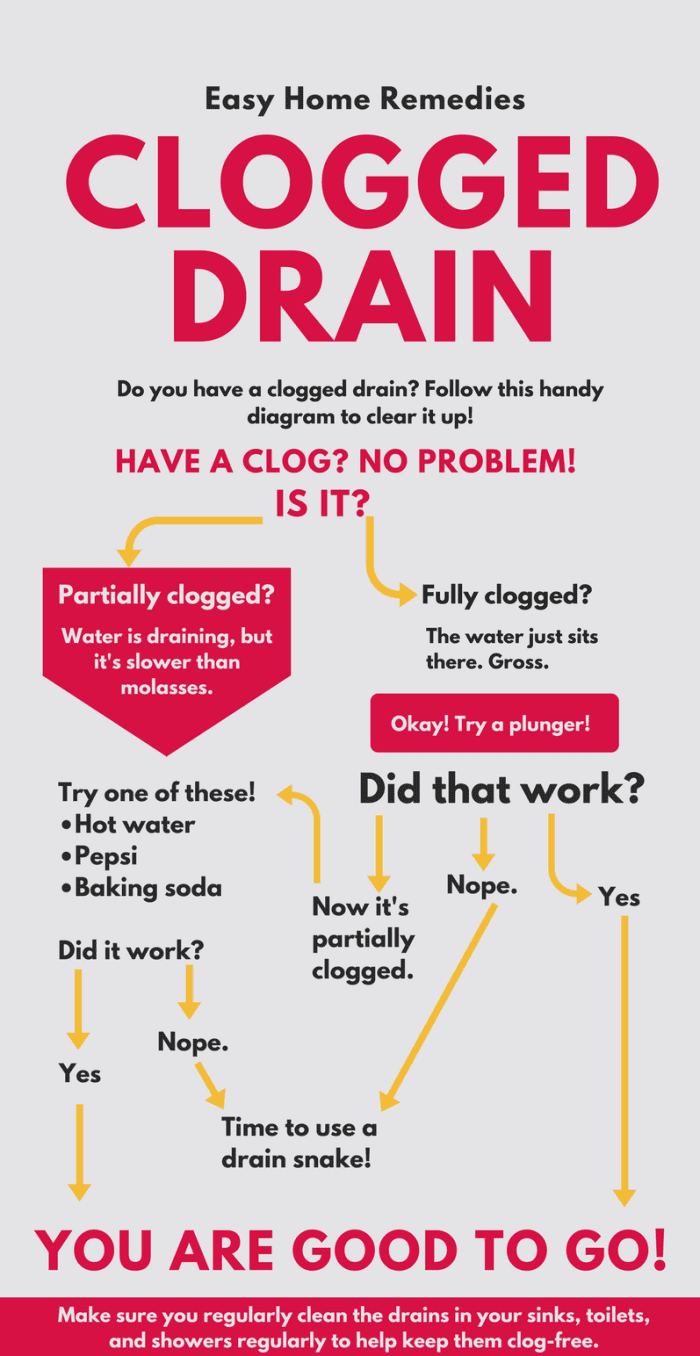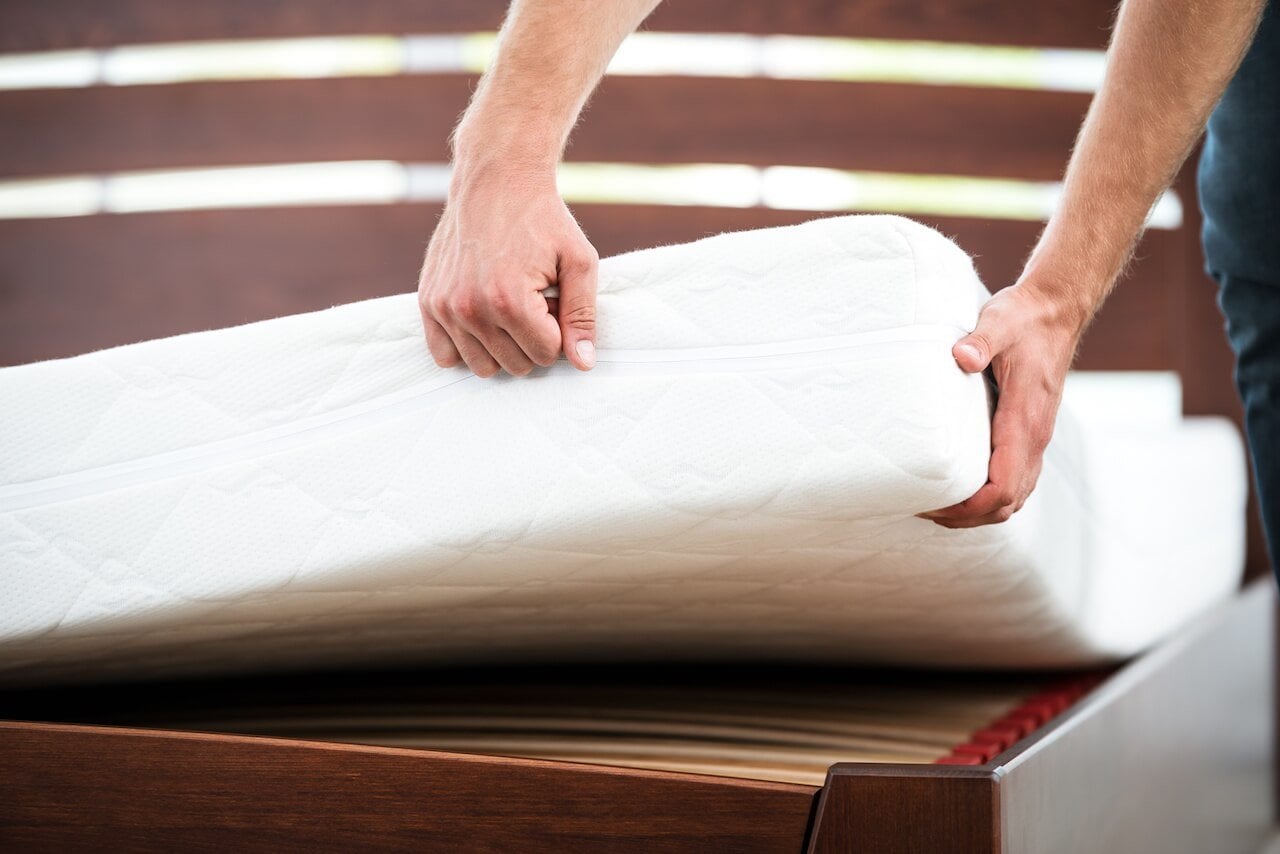If you've ever experienced water coming back up in your kitchen sink, you know how frustrating and unpleasant it can be. Not only does it leave a mess in your sink, but it can also cause unpleasant odors and potential damage to your pipes. If you're dealing with this issue, it's important to understand the common causes so you can take the necessary steps to fix and prevent it from happening again. The most common cause of water coming back up in kitchen sinks is a clogged drain. Over time, debris such as food scraps, grease, and soap scum can build up in your pipes, creating a blockage that prevents water from flowing freely. This can lead to water backing up in your sink, as well as slow draining or standing water in your sink or dishwasher. Another potential cause of water coming back up in the kitchen sink is a clog in the main sewer line. This can happen if there is a blockage in the sewer system, such as tree roots or debris, which can prevent water from draining properly. If you suspect this is the cause of your issue, it's best to call a professional plumber to address it.Common Causes of Water Coming Back Up in Kitchen Sink
Fortunately, there are several steps you can take to fix water coming back up in your kitchen sink. The first and most obvious step is to try to clear the clog using a plunger. Make sure to cover the overflow drain with a wet cloth or rag and plunge vigorously for a few minutes. If this doesn't work, you may need to try a different method. Another option is to use a drain snake or auger to manually remove the clog. This tool is designed to break up and remove debris from your pipes, allowing water to flow freely once again. You can find these tools at most hardware or home improvement stores, and they are relatively easy to use. If neither of these methods works, you may need to use a chemical drain cleaner to dissolve the clog. These products contain strong chemicals that can break down and remove buildup in your pipes. However, they can be harsh and potentially damaging to your pipes, so use caution and follow the instructions carefully.How to Fix Water Coming Back Up in Kitchen Sink
Prevention is always better than a cure, so it's important to take steps to prevent water from coming back up in your kitchen sink in the first place. One of the best ways to do this is to be mindful of what you put down your drain. Avoid pouring grease or oil down the drain, and use a sink strainer to catch food scraps and other debris before they can cause a clog. Regularly cleaning your sink drain can also help prevent clogs. You can do this by pouring boiling water down the drain once a week to help flush out any buildup, or by using a mixture of baking soda and vinegar to break down any debris.Preventing Water from Coming Back Up in Kitchen Sink
Knowing the signs of a clogged kitchen sink can help you address the issue before it becomes a major problem. Some common signs to watch out for include slow draining or standing water in your sink, gurgling noises when you run the water, and foul odors coming from your drain. If you notice any of these signs, it's important to take action to prevent the clog from getting worse.Signs of a Clogged Kitchen Sink
A plunger is a simple but effective tool for clearing clogs in your kitchen sink. To use it, make sure to cover the overflow drain with a wet cloth or rag, then place the plunger over the drain and push down and pull up in a quick motion. This will create suction and pressure that can help dislodge the clog. Repeat this process several times until the water starts draining properly.Using a Plunger to Clear a Clogged Kitchen Sink
A drain snake, also known as an auger, is a long, flexible tool that can be inserted into your pipes to manually remove clogs. To use it, insert the snake into the drain and turn the handle to maneuver it through the pipes. Once you reach the clog, use the handle to break it up and remove it. This method can be more effective for tougher clogs, but it may require a bit more effort and skill.Using a Drain Snake to Clear a Clogged Kitchen Sink
Chemical drain cleaners can be an effective solution for clearing clogs in your kitchen sink, but they should be used with caution. These products contain strong chemicals that can dissolve and remove buildup in your pipes. However, they can also be harsh and potentially damaging to your pipes, so be sure to follow the instructions carefully and use them sparingly.Chemical Drain Cleaners for Clogged Kitchen Sinks
If you're unable to clear the clog yourself, or if the problem persists despite your efforts, it's best to call a professional plumber. They have the tools and expertise to effectively diagnose and address the issue, and they can also offer advice on how to prevent future clogs in your kitchen sink.Professional Plumbing Services for Clogged Kitchen Sinks
Once you've successfully cleared a clog in your kitchen sink, it's important to take steps to maintain a clear drain. This includes being mindful of what you put down your sink, regularly cleaning and flushing your drain, and addressing any issues promptly to prevent them from getting worse.How to Maintain a Clear Kitchen Sink Drain
To prevent future clogs in your kitchen sink drains, it's important to be proactive in your maintenance. This includes being mindful of what you put down your sink, regularly cleaning and flushing your drain, and addressing any issues promptly to prevent them from getting worse.Preventing Future Clogs in Kitchen Sink Drains
Solving the Issue of Water Coming Back Up in the Kitchen Sink

Understanding the Cause: A Clogged Drain
 If you've noticed that water is coming back up in your kitchen sink, the cause is most likely a clogged drain. Over time, food particles, grease, and other debris can build up in your pipes, obstructing the flow of water. This build-up can eventually become thick enough to completely block the drain, causing water to back up into your sink.
If you've noticed that water is coming back up in your kitchen sink, the cause is most likely a clogged drain. Over time, food particles, grease, and other debris can build up in your pipes, obstructing the flow of water. This build-up can eventually become thick enough to completely block the drain, causing water to back up into your sink.
Preventing Clogs in the Future
 To prevent clogs from happening in the future, it's important to be mindful of what you put down your kitchen sink. Avoid pouring grease, oil, and other substances down the drain as they can solidify and create blockages. Use a drain strainer to catch food particles and clean it out regularly.
To prevent clogs from happening in the future, it's important to be mindful of what you put down your kitchen sink. Avoid pouring grease, oil, and other substances down the drain as they can solidify and create blockages. Use a drain strainer to catch food particles and clean it out regularly.
Removing the Clog: DIY vs Professional Help
 If you're experiencing water coming back up in your kitchen sink, you may be tempted to try and remove the clog yourself. While this can be a temporary solution, it's important to note that DIY methods may not completely remove the clog and can even cause damage to your pipes. It's best to seek professional help from a plumber who has the expertise and proper tools to effectively remove the clog and prevent further issues.
If you're experiencing water coming back up in your kitchen sink, you may be tempted to try and remove the clog yourself. While this can be a temporary solution, it's important to note that DIY methods may not completely remove the clog and can even cause damage to your pipes. It's best to seek professional help from a plumber who has the expertise and proper tools to effectively remove the clog and prevent further issues.
Investing in Proper Drain Maintenance
 Proper drain maintenance is key to avoiding the issue of water coming back up in your kitchen sink. Regularly scheduling professional drain cleaning services can help prevent clogs and keep your pipes functioning properly. Additionally, using natural drain cleaners and avoiding harsh chemicals can also help maintain the health of your drains.
In conclusion,
a clogged drain is the most likely cause of water coming back up in your kitchen sink. By understanding the cause, taking preventive measures, and seeking professional help when needed, you can effectively solve this issue and maintain the proper functioning of your drains. Remember to invest in proper drain maintenance to avoid any future clogs and keep your kitchen sink running smoothly.
Proper drain maintenance is key to avoiding the issue of water coming back up in your kitchen sink. Regularly scheduling professional drain cleaning services can help prevent clogs and keep your pipes functioning properly. Additionally, using natural drain cleaners and avoiding harsh chemicals can also help maintain the health of your drains.
In conclusion,
a clogged drain is the most likely cause of water coming back up in your kitchen sink. By understanding the cause, taking preventive measures, and seeking professional help when needed, you can effectively solve this issue and maintain the proper functioning of your drains. Remember to invest in proper drain maintenance to avoid any future clogs and keep your kitchen sink running smoothly.


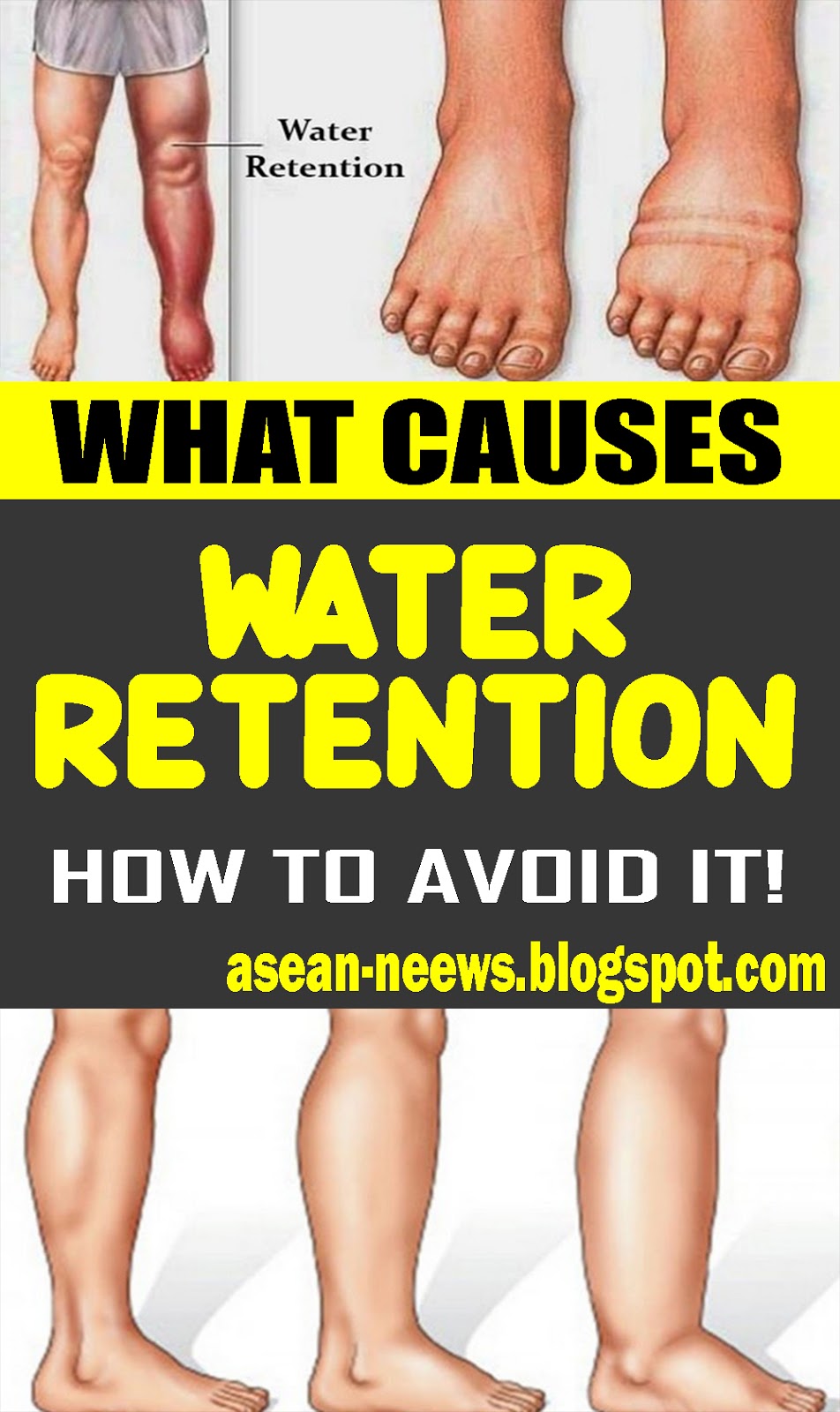



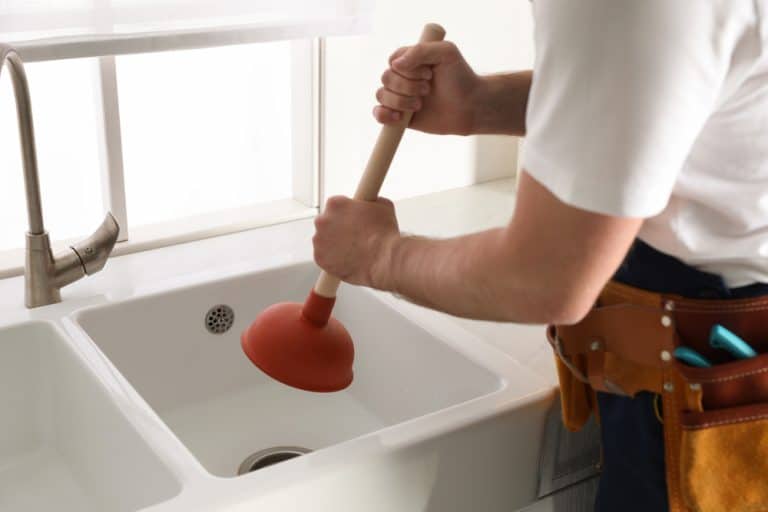
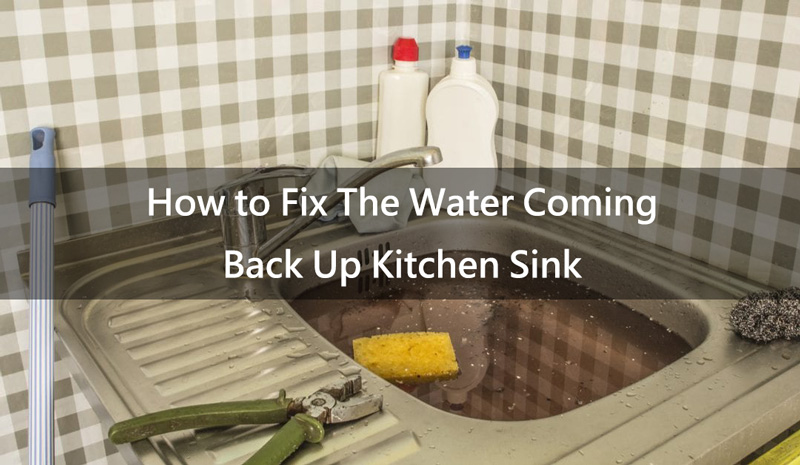






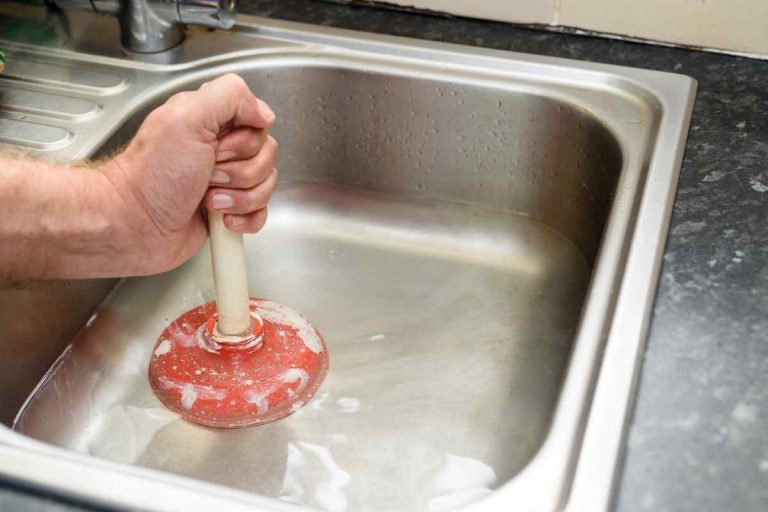






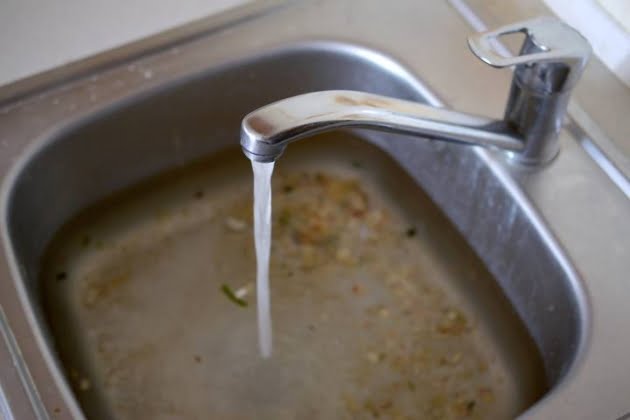

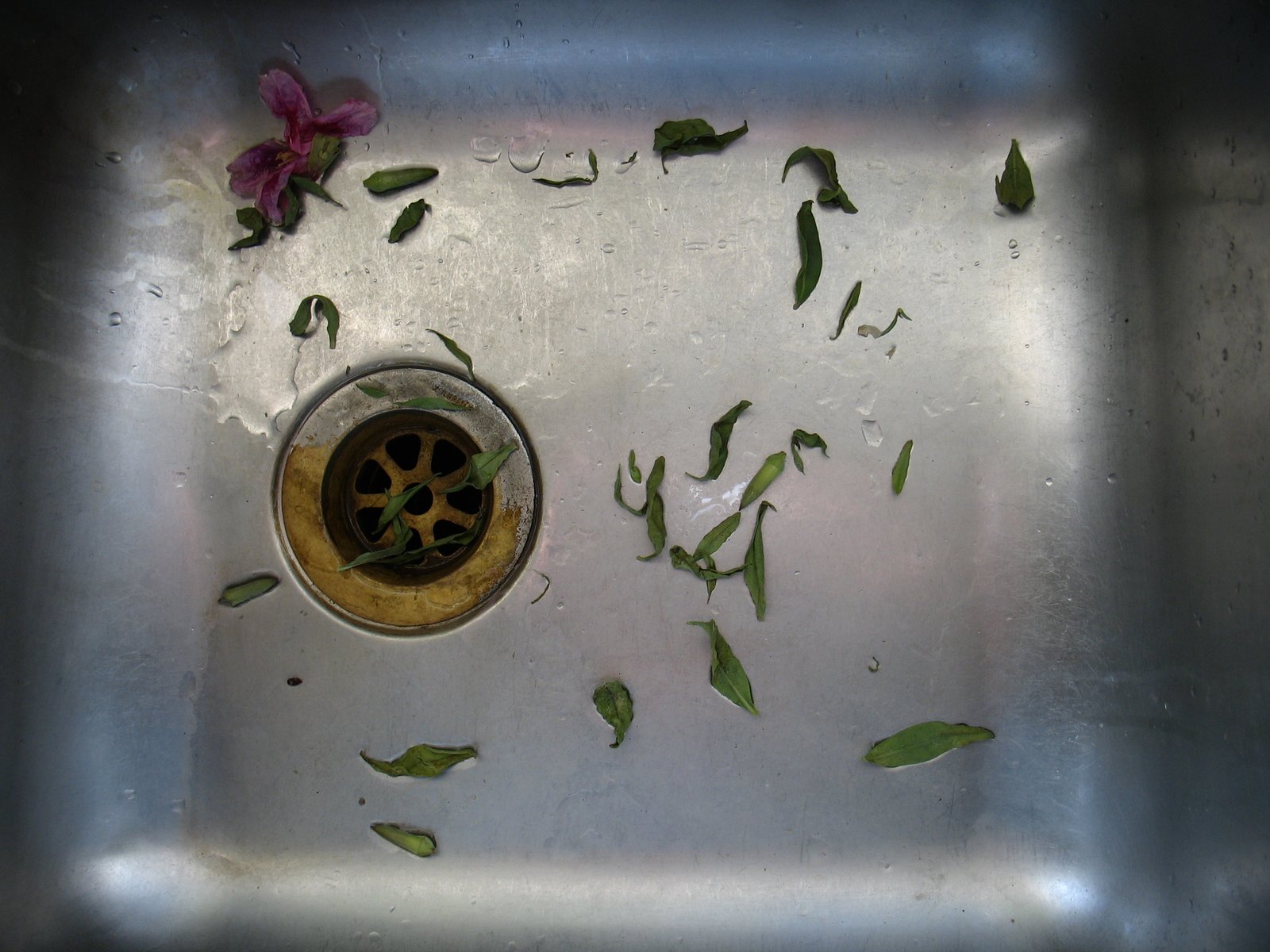
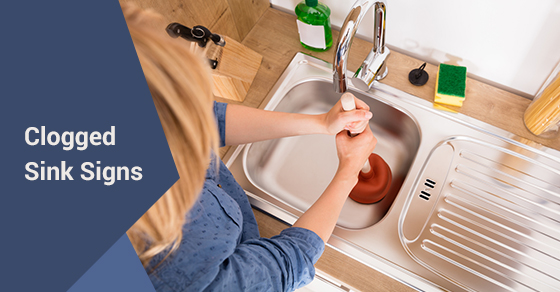
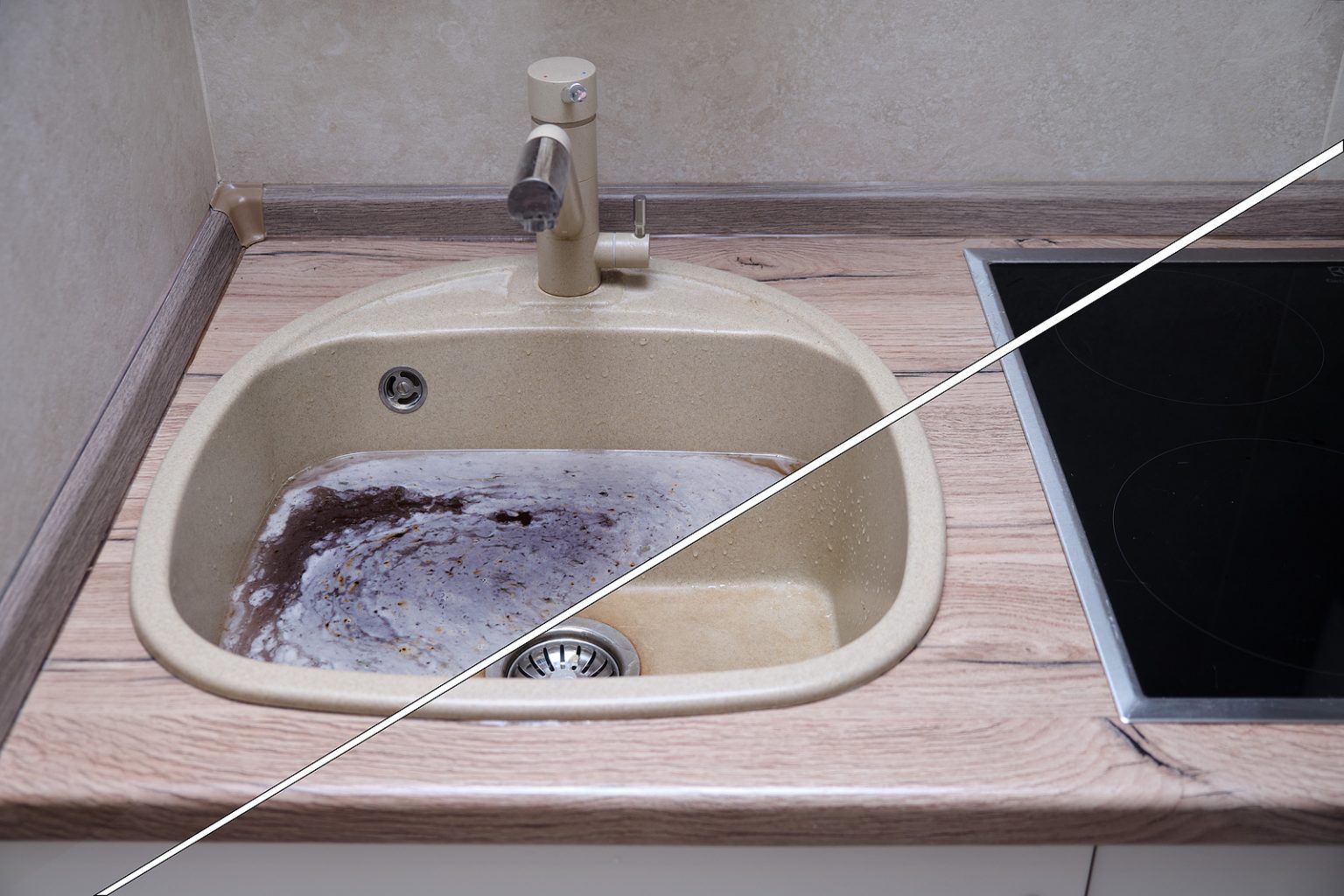


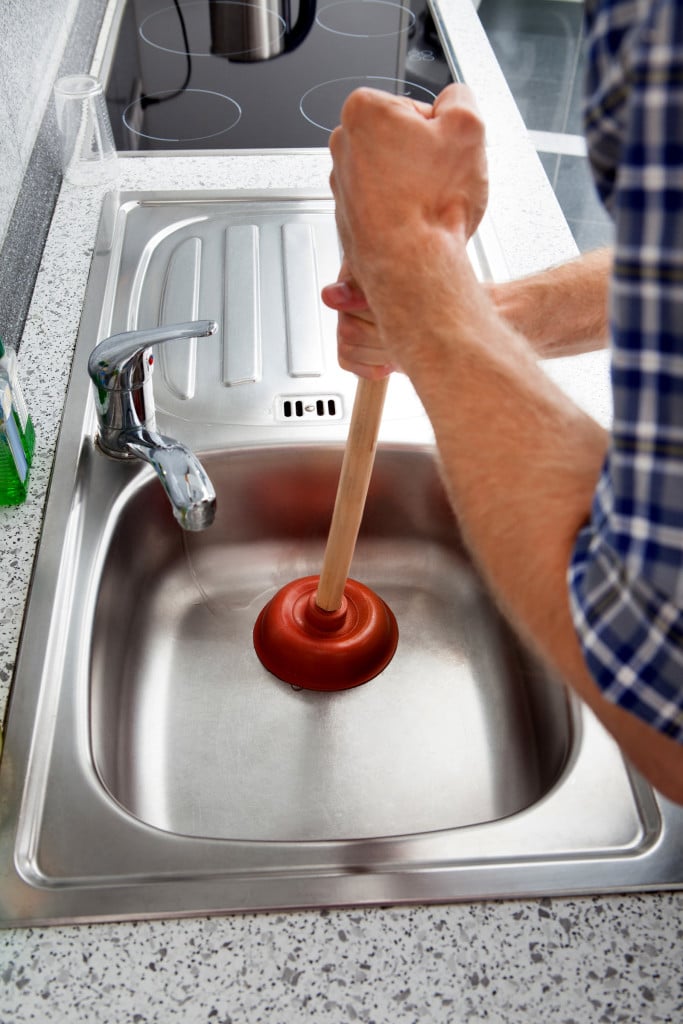
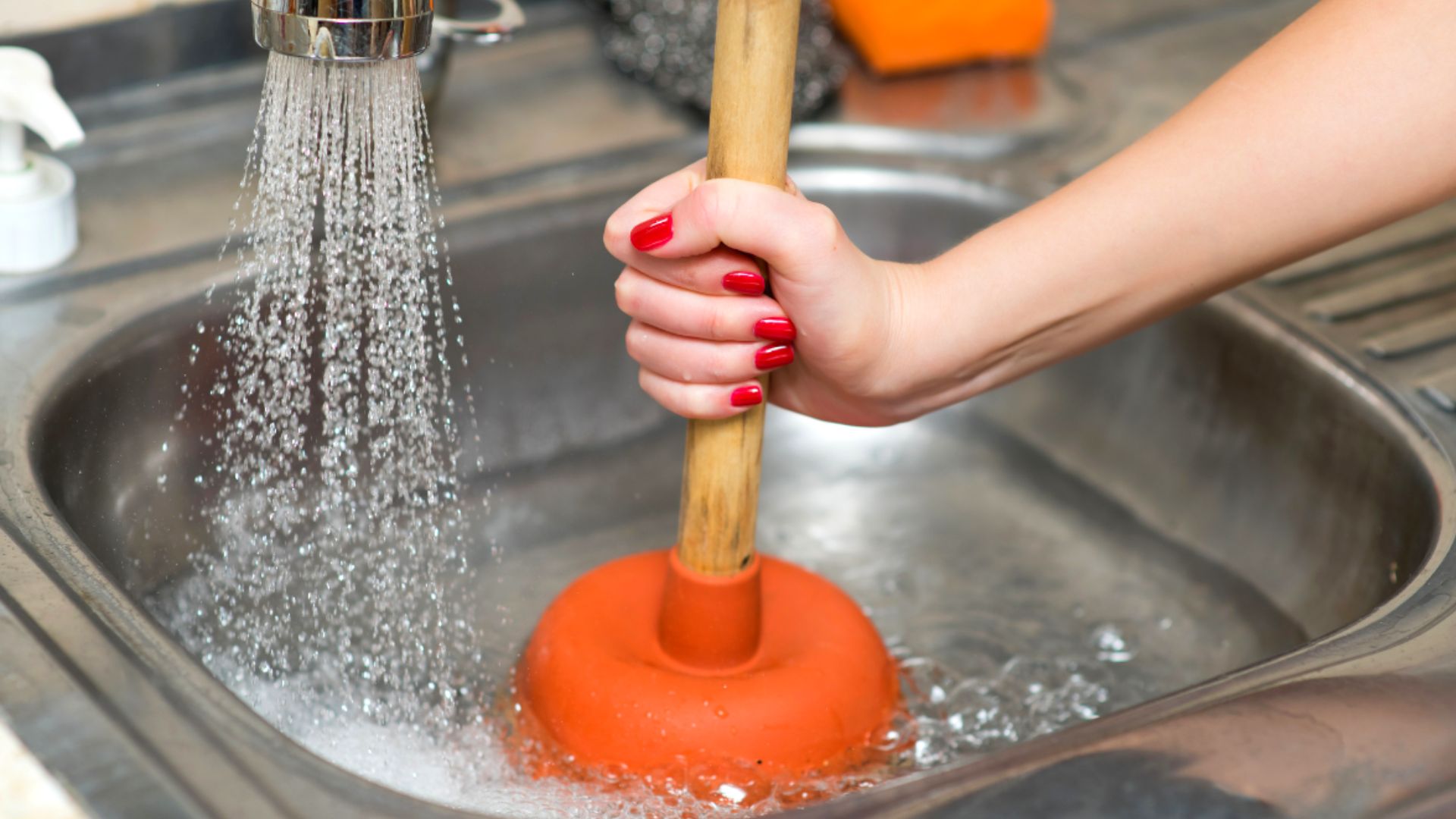




:max_bytes(150000):strip_icc()/woman-wearing-yellow-washing-up-gloves-to-unblock-sink-using-plunger-close-up-131987463-5887cfc03df78c2ccd92ec9e.jpg)



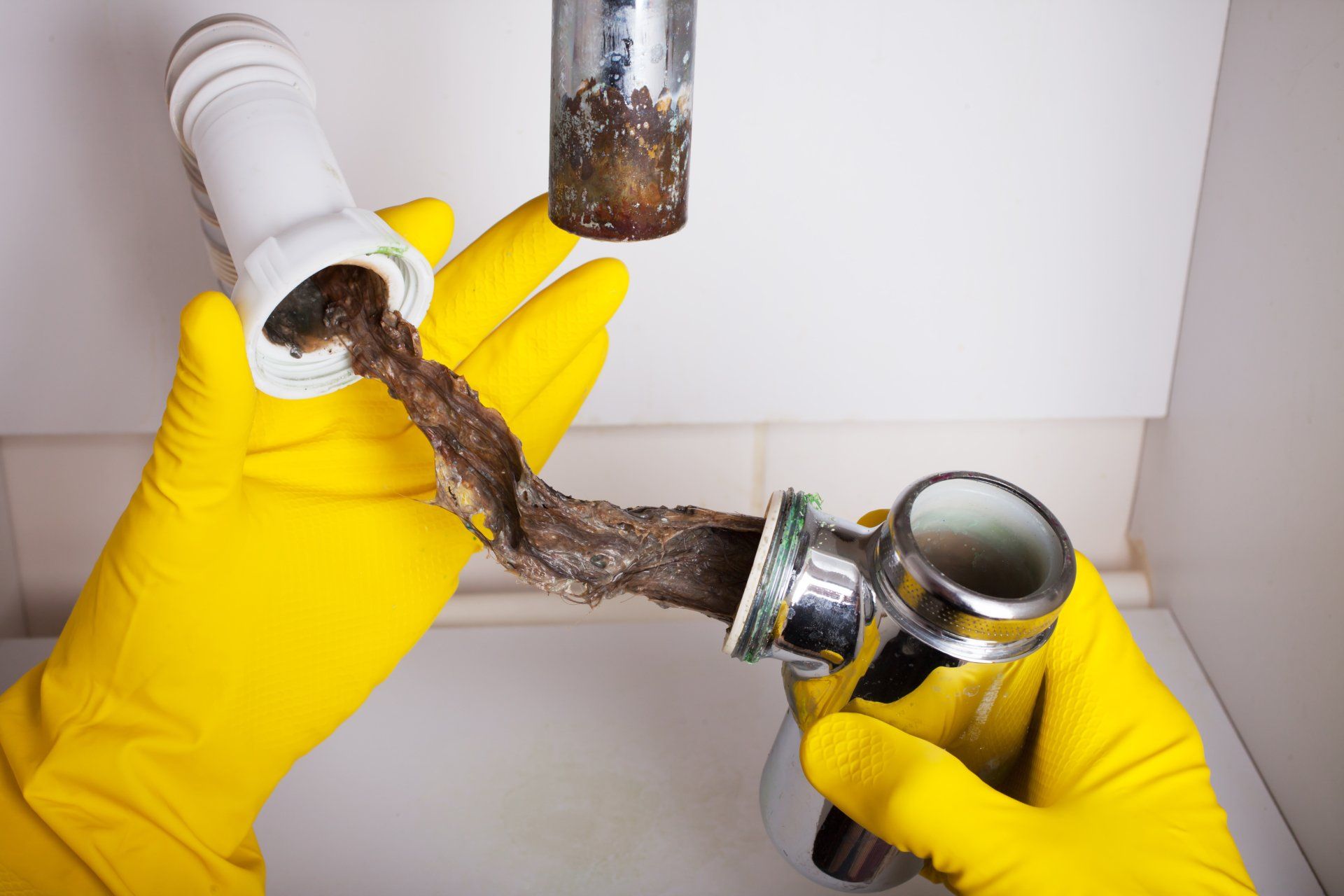


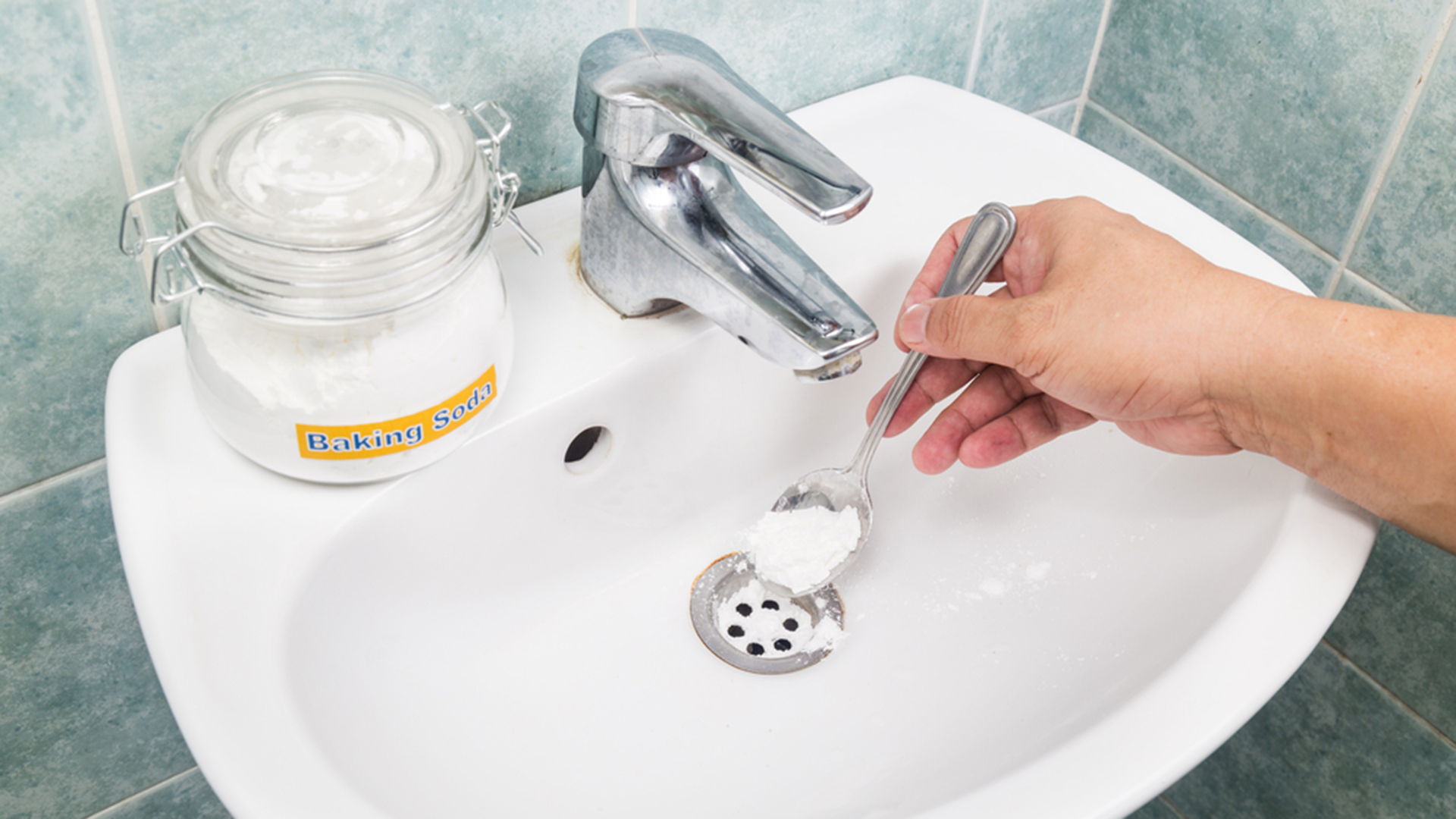







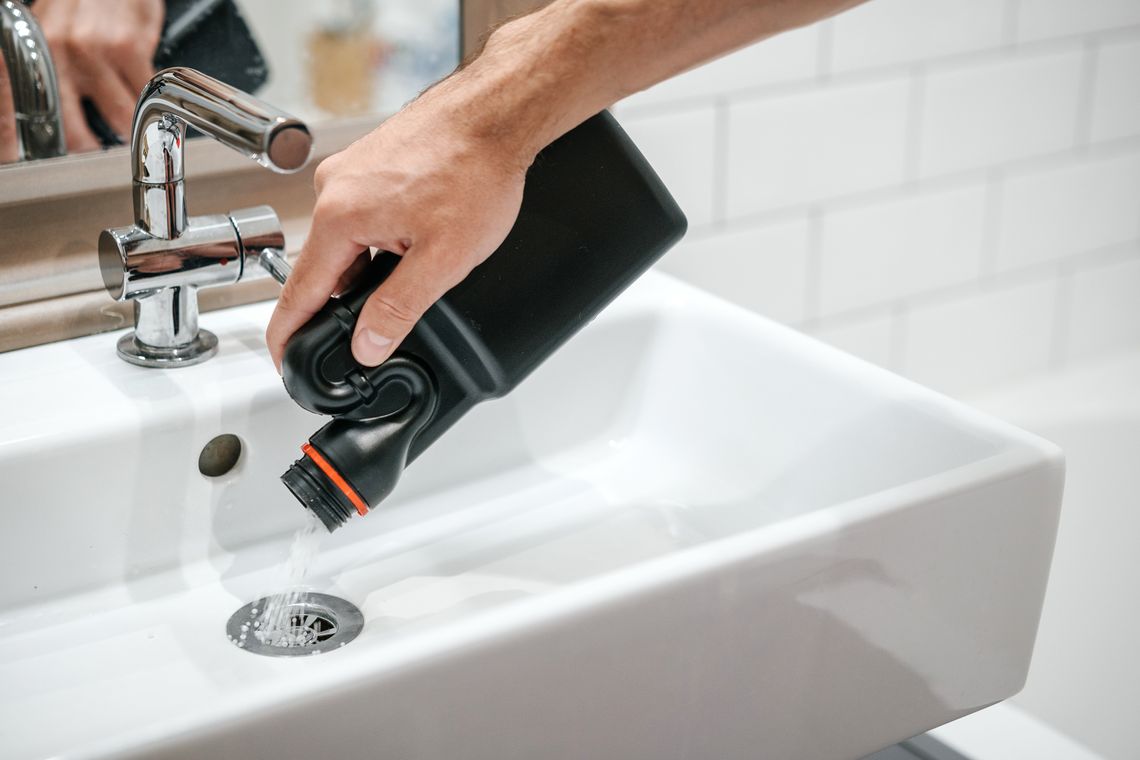





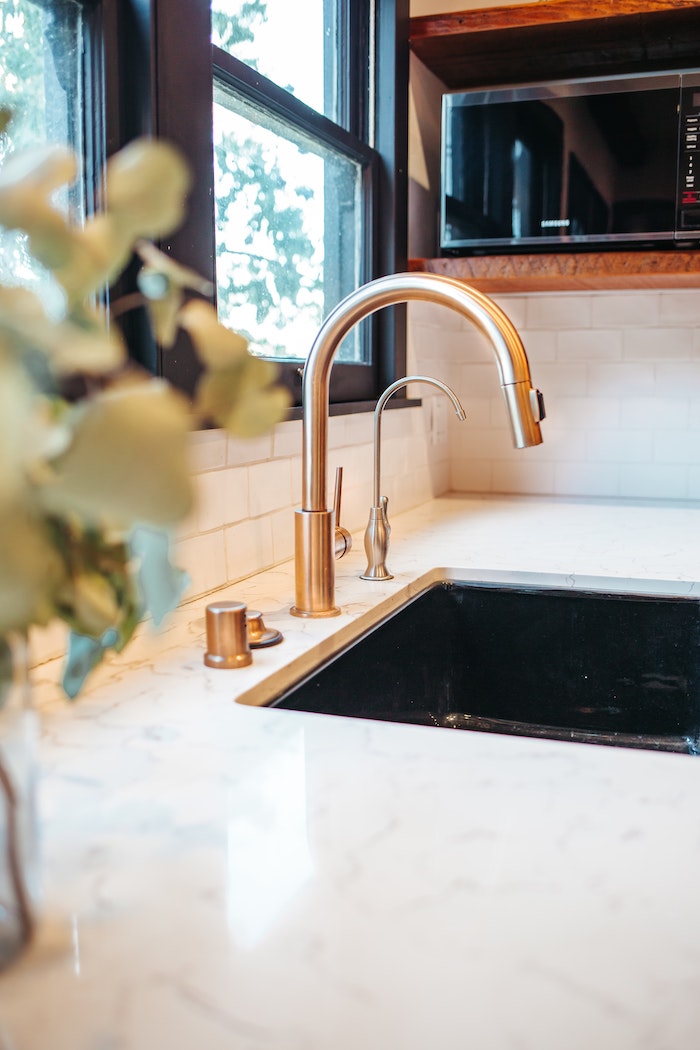


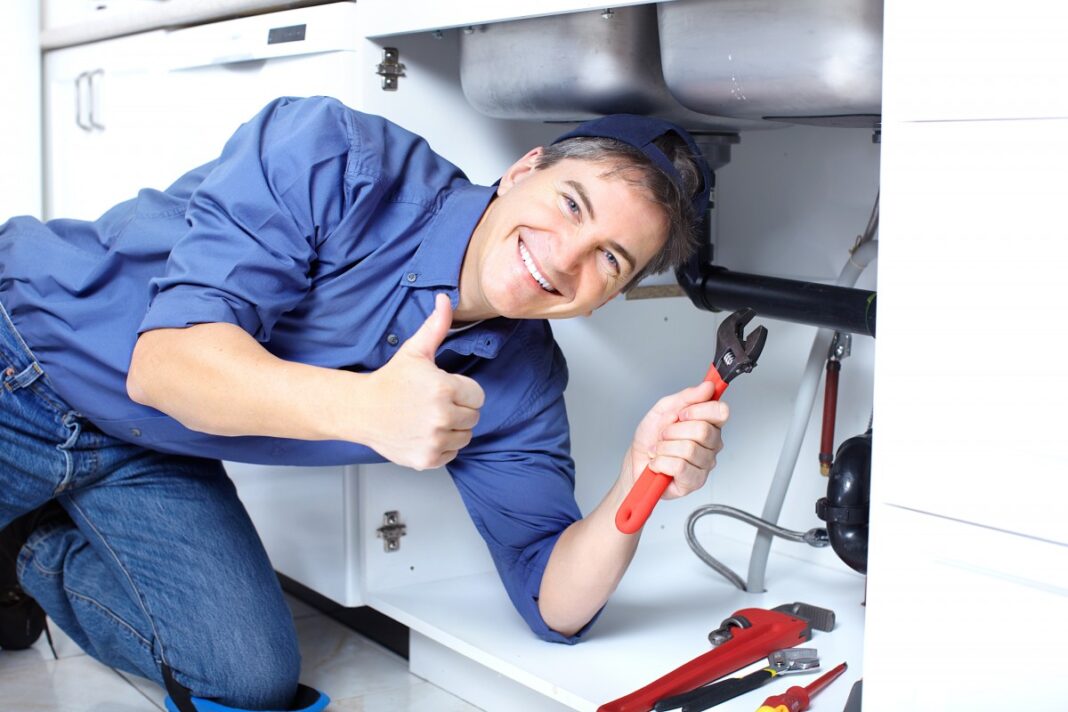
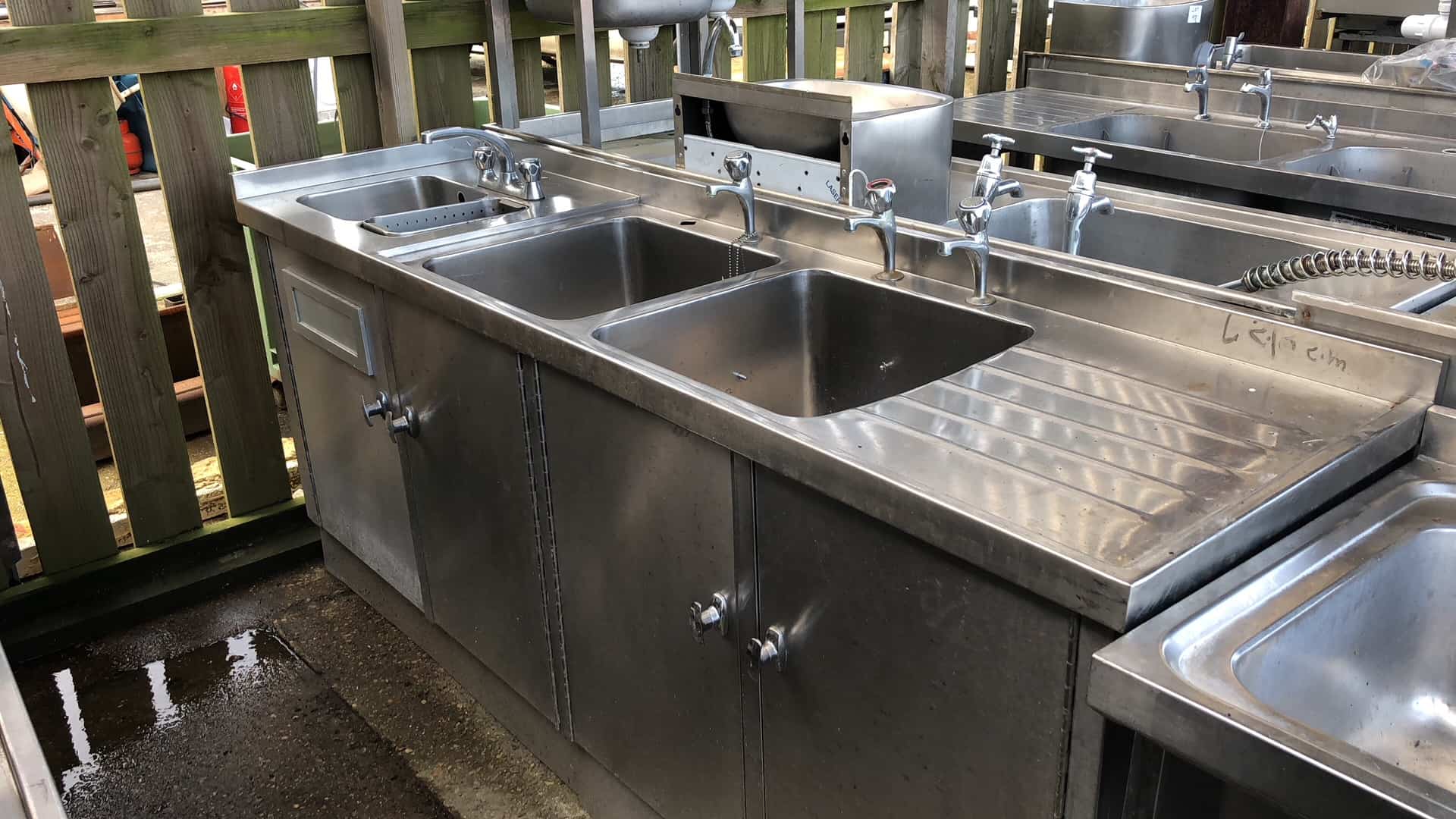

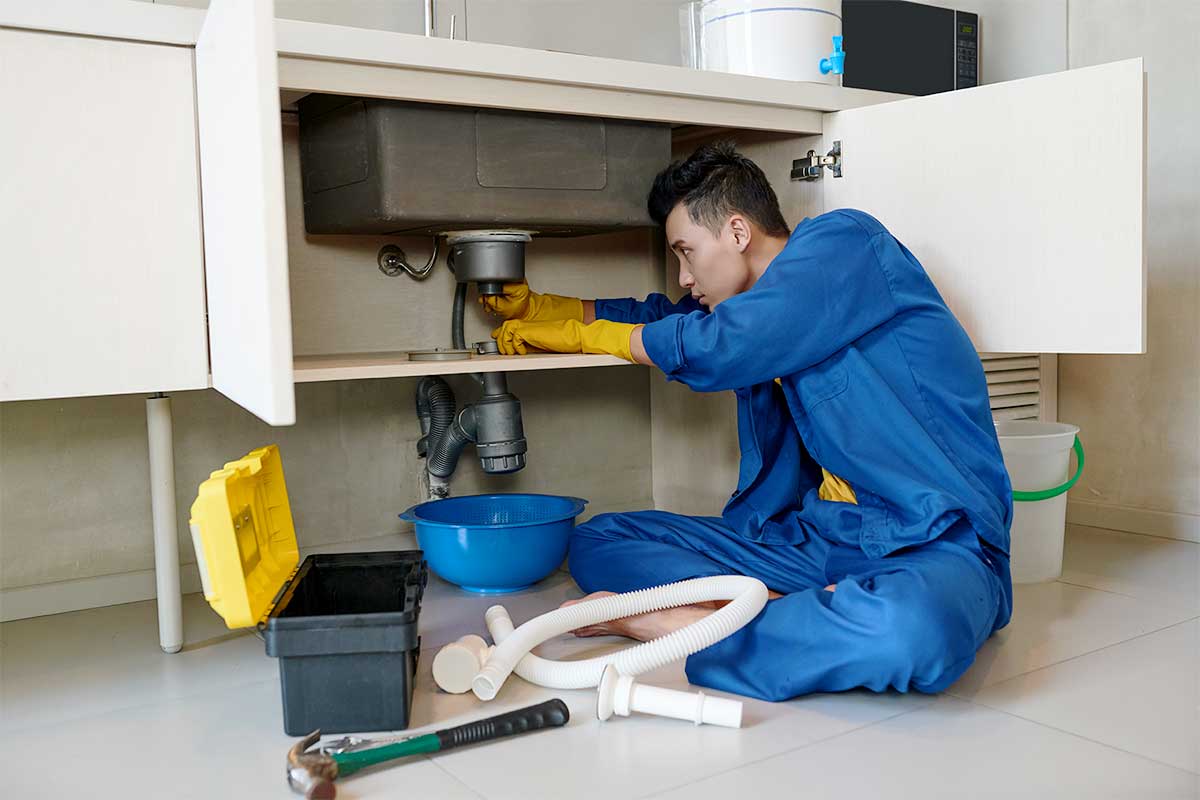






:max_bytes(150000):strip_icc()/how-to-install-a-sink-drain-2718789-hero-24e898006ed94c9593a2a268b57989a3.jpg)







